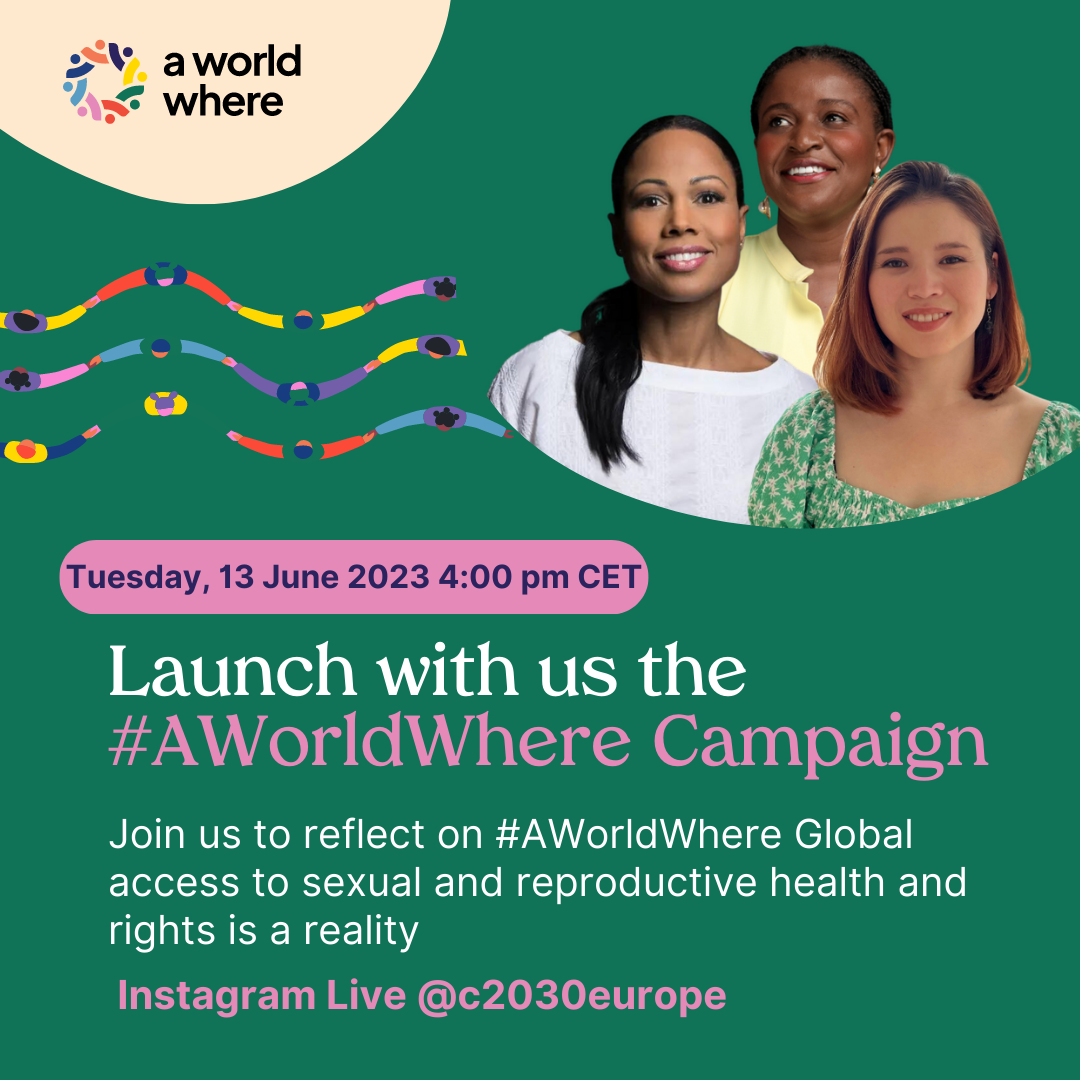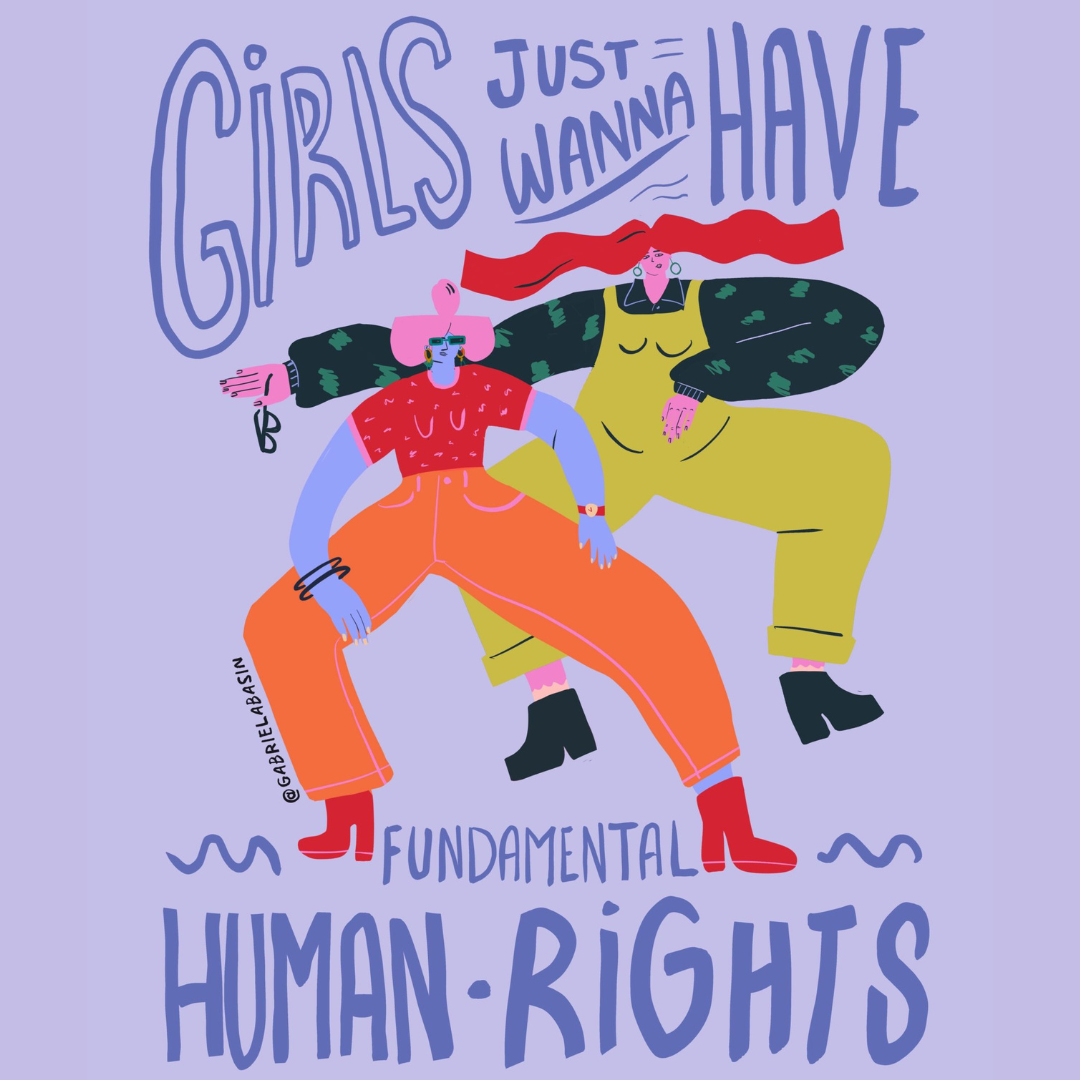By our partner in Spain, FPFE
The Commission on the Status of Women (CSW) is the main international intergovernmental body dedicated to the promotion of gender equality “and the empowerment of women”. Its 64th session has been reduced to a day of meetings between governments set to approve a somewhat weak Political Declaration.
This year, the CSW focused on the 25th anniversary of the Fourth World Conference on Women, held in Beijing in 1995, which has heavily influenced the international agenda on advancing women’s rights. The aim of the sessions in New York was to evaluate and promote the application of the Beijing Declaration and Platform for Action.
But fear of the expansion of the coronavirus has resulted in the cancellation of all scheduled events, including those expected to be attended by numerous civil society organizations around the world, which play an important role in the negotiations. Multiple organizations have requested the sessions be postponed, to guarantee social participation, but the decision was another: constricting the sessions into a single day in which governments must approve the final declaration. This was done in spite of the recognition that the work of civil society has received in the Political Declaration.
The president of the International Women’s Health Coalition IWHC, Françoise Girard said:
“The global feminist movement has been clear that a one-day, New York-based diplomat only session on March 9 would be inadequate and would shut the voices of women’s groups out of the world’s largest annual meeting on gender equality.”
Some of the European organizations that were going to be present at the New York sessions are part of Countdown 2030 Europe. Our objective was to have more concrete funding commitments for universal access to reproductive health and family planning services, and to hold European governments accountable to the promises made to advance sexual and reproductive health through development policies.
In the Political Declaration, governments recognize they are faced with new challenges, and committed to address the gaps in the implementation of measures in 12 critical areas related to the situation of women: poverty; education and formation; health; violence against women; armed conflicts; economy; women in decision-making and in power; institutional mechanisms for the advancement of women; human rights; media; environment and childhood.
We do welcome the mainstreaming of the use of ‘all’ women and girls throughout the text as the recognition of the particular challenges faced by those most vulnerable. It is also good to see references to major United Nation conferences and summits and their outcomes as a way to linking up different agendas.
READ HERE THE STATEMENT OF THE CSW64
However, the measures to be taken by governments are not specified, and sexual and reproductive rights are non-existent, so much so, that they are not even cited in the statement. The block of countries that make up the European Union, together with the United Kingdom and most Latin American countries, led by Mexico and Argentina, have lamented that the exclusion of references to sexual and reproductive health and rights is a huge step back in a year in which several historical milestones for gender equality are commemorated. Other countries such as Norway, Canada, Iceland, Liechtenstein, Austria or Switzerland have also defended the inclusion of SRHR that was excluded under pressure from various countries led by the United States.
Alternative declaration of the feminist movement
More than 200 organizations around the world that make up the ‘Caucus’ for Women’s Rights have agreed on an alternative declaration to that of the CSW, which asks governments to take a series of measures on all fronts and criticizes the lack of commitment:
“We, feminist movements and our allies have spent the last 25 years defending the commitments made in Beijing, while regressive groups have tried their hardest to undermine them. The outcomes of the Fourth World Conference on Women, instead of becoming the stepping stones to the next progressive feminist agenda, has become the maximum limit that State parties do not want to go beyond.”
READ HERE THE FEMINIST DECLARATION
Read the article in Spanish.
Photo: IPPF_Disha Arora_India



